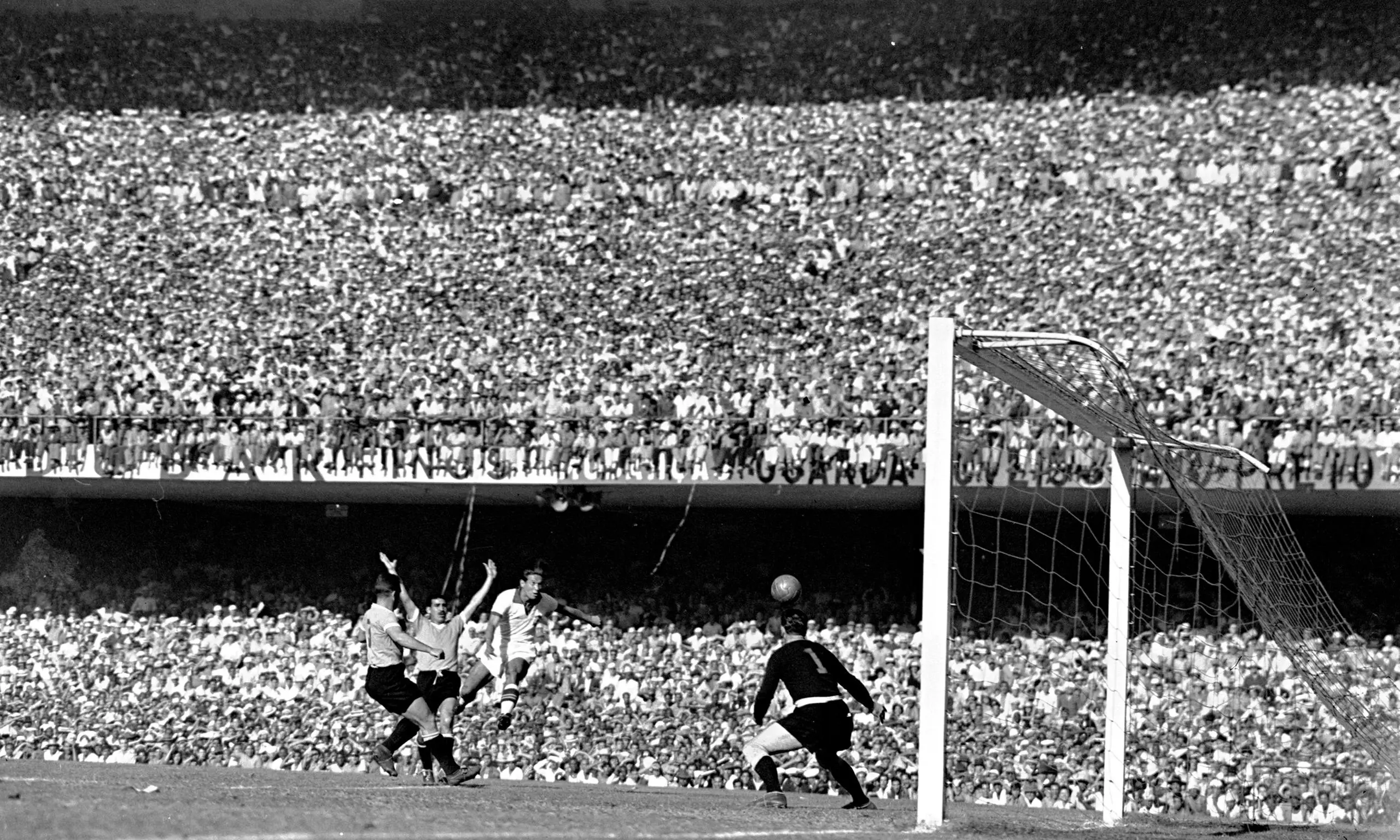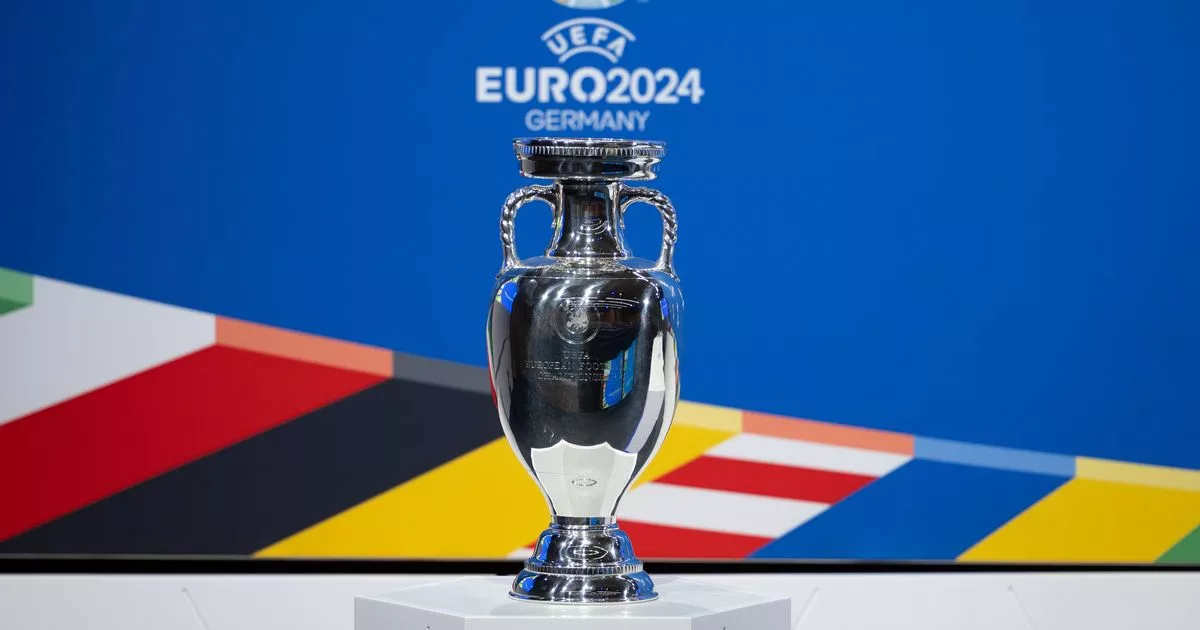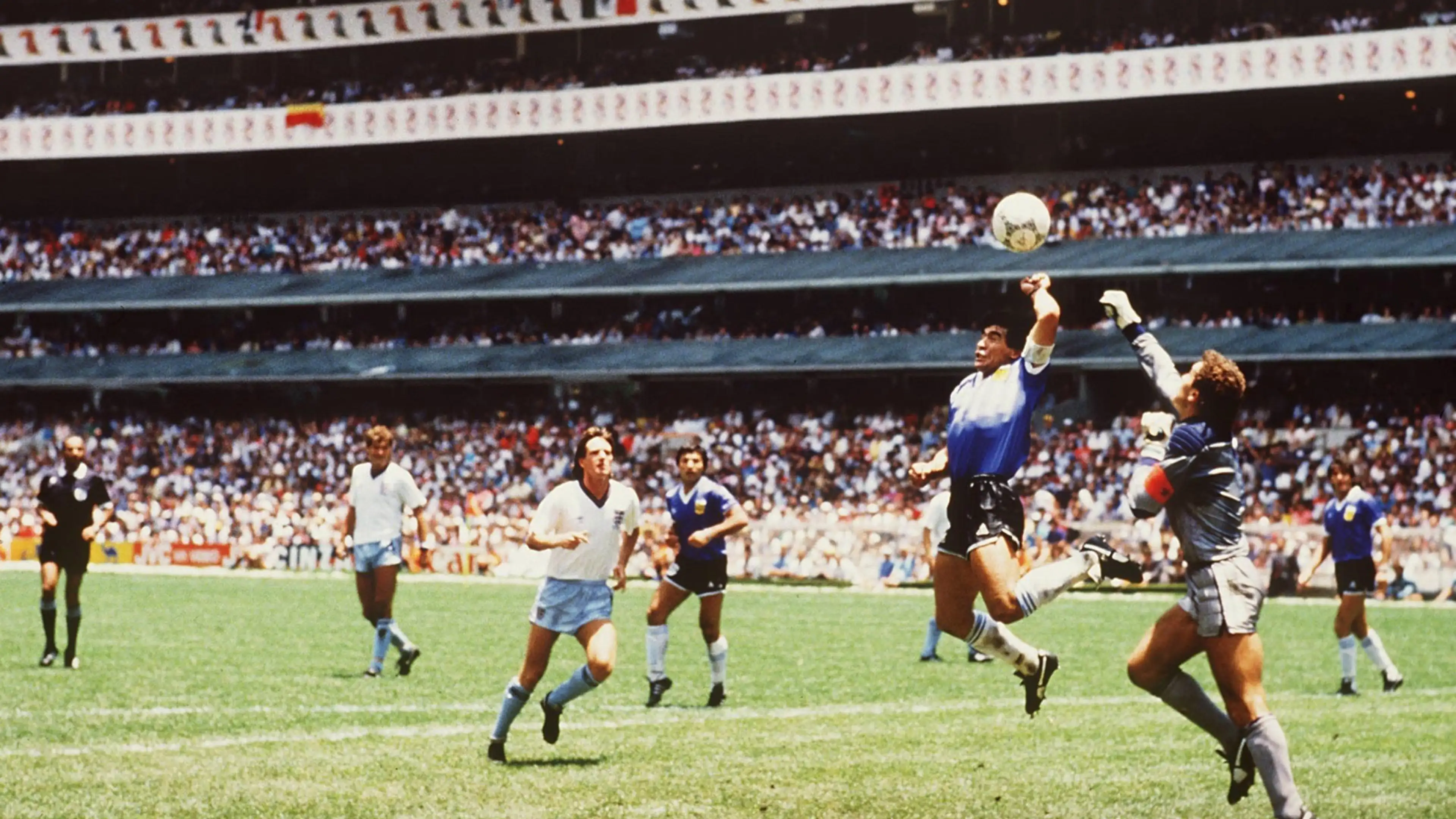
he Maracanazo: Uruguay's Triumph in the 1950 World Cup
The 1950 FIFA World Cup held in Brazil was a tournament that etched its place in football history, culminating in one of the most remarkable and unexpected moments in the sport's narrative – the Maracanazo. This term, meaning the "Maracanã Blow," refers to Uruguay's historic victory against Brazil in the final, shattering expectations and forever leaving an indelible mark on the world of football.
The Setting: Maracanã Stadium
The Maracanã Stadium in Rio de Janeiro, Brazil, was the colossal backdrop for the culmination of the 1950 World Cup. The tournament, the first after the end of World War II, saw a reduced number of participating teams due to geopolitical tensions. Nevertheless, it provided an electrifying platform for the clash of footballing titans.
Brazil, the host nation, had the opportunity to showcase its footballing prowess on home soil. The Maracanã, with its capacity to hold nearly 200,000 spectators, stood as a colossal amphitheater ready to witness history unfold.
Brazil's Dominance
The Brazilian team, led by coach Flávio Costa and featuring stars like Ademir de Menezes, Jair Rosa Pinto, and Zizinho, had dominated the tournament. They scored an impressive 22 goals in their four matches leading up to the final, including a resounding 7-1 victory over Sweden in the semifinals. The stage was set for Brazil to claim its first World Cup title.
Uruguay's Journey
Uruguay, on the other hand, had a quieter but resilient journey to the final. Coached by Juan López, La Celeste navigated through the group stage and knockout rounds with determination. The team included standout players such as Juan Alberto Schiaffino and Alcides Ghiggia.
The Final Showdown
On July 16, 1950, the Maracanã Stadium brimmed with anticipation. The final between Brazil and Uruguay was not just a football match; it was a clash of cultures, a battle for supremacy, and an opportunity for Brazil to assert its dominance on the global stage.
The atmosphere was electric as Brazil took the lead in the 47th minute with a goal from Friaça. The Maracanã erupted, and it seemed like the destiny of the World Cup was sealed in Brazil's favor. However, Uruguay had other plans.
The Maracanazo Unfolds
Uruguay mounted a spirited comeback. Juan Alberto Schiaffino equalized in the 66th minute, setting the stage for the iconic moment. In the 79th minute, Alcides Ghiggia, with a swift and decisive strike, silenced the Maracanã. The unthinkable had happened – Uruguay took the lead.
As the final whistle blew, the Maracanã fell into stunned silence. The favorites, Brazil, were defeated on their own turf. The Maracanazo was complete. Uruguay emerged as the unexpected champions, securing their second World Cup title.
Shockwaves and Aftermath
The aftermath of the Maracanazo was seismic. Brazil mourned the loss, and the country underwent a period of national introspection. The defeat was more than a football setback; it was a cultural and emotional wound that lingered for years. The Maracanazo became a symbol of resilience for Uruguay, a testament to the triumph of the underdog.
Ghiggia: The Unlikely Hero
Alcides Ghiggia, the man who scored the decisive goal, became an instant legend. His name echoed through history as the unlikely hero who silenced the Maracanã. Ghiggia's goal haunted Brazilian football, and he was forever etched into the hearts of Uruguayans as the architect of the Maracanazo.
Legacy and Impact
The Maracanazo transcended the realm of football. It became a symbol of hope for underdogs worldwide, showcasing that in football, as in life, the unexpected can happen. The legacy of Uruguay's triumph reverberated through subsequent World Cups, serving as a reminder that no team is invincible.
The defeat also fueled Brazil's determination to reclaim glory. The country went on to win a record five World Cups, transforming the Maracanazo from a moment of despair to a catalyst for future success.
Conclusion
The Maracanazo remains a timeless chapter in football folklore. It symbolizes the essence of the sport – the unpredictable, the emotional, and the transformative power of the game. Uruguay's triumph in 1950 is a beacon for every team that dares to dream, illustrating that, in football, the underdog can rise and rewrite history.
As we revisit the Maracanazo, we are reminded that football is not just about goals and victories; it is about the narratives, the emotions, and the moments that define the beautiful game. The Maracanã Blow, echoing through time, stands as a testament to the enduring magic of the World Cup and the everlasting allure of football.




